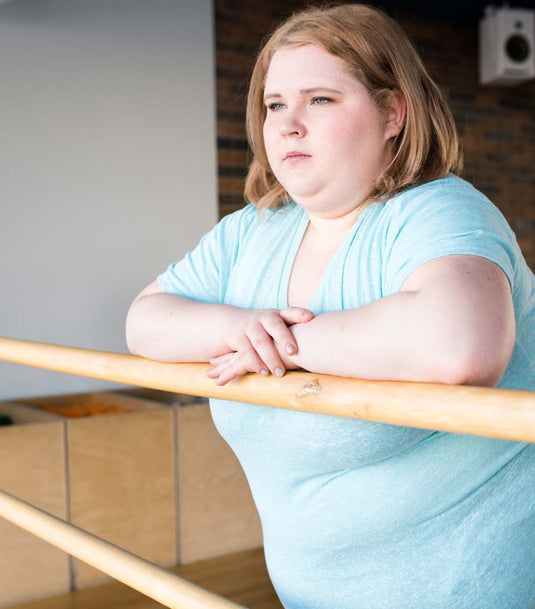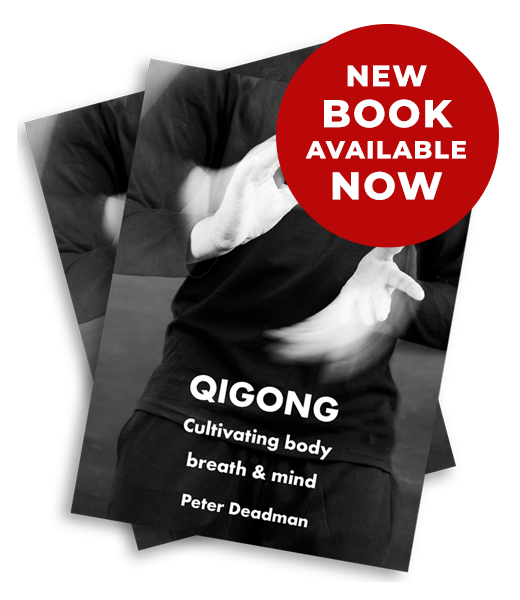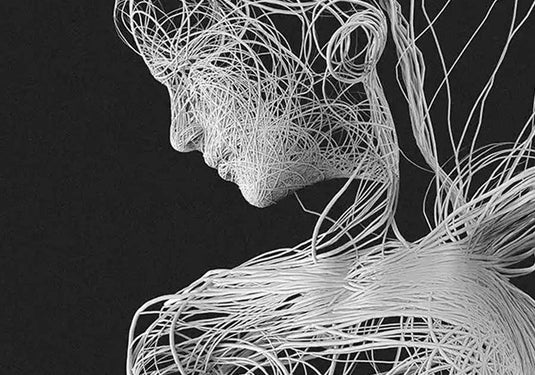What is known in the Chinese tradition as taijiao – foetal education – was discussed as long ago as the Yellow Emperor’s Inner Classic (around 2000 years ago).
It taught that a mother’s extreme emotions, diet and general lifestyle during pregnancy were likely to have an impact – even a lifelong one – on her child.
It’s clear this was also recognised in most traditional cultures throughout history. In Shakespeare’s Henry 4th, for example, the pregnant queen fears that her “sighs and tears” at her husband’s imprisonment, will ” blast or drown” her child in the womb.
Like much traditional wisdom, this knowledge was discarded by 20th century medicine and even diet – let alone emotional states – was thought to have a negligible impact on foetal health and potential lifespan since this was thought to be entirely influenced by genes.
What a change there has been over the past couple of decades. It is now widely accepted that maternal stress during the first half of pregnancy and poor diet – especially during the later part – can have a have massive influence on a person’s lifetime health.
A report in today’s Guardian newspaper exemplifies this, with its striking headline, “Obesity in mothers a global crisis for children, say doctors.”
In a study of the health records of 38,000 children born between 1950 and 1976, they found a 35% increased risk of dying from heart disease in those whose mothers had been obese, and a 42% greater risk of general heart problems.
Worryingly, when the study was conducted only 4% of mothers were obese – a figure that has now reached 20%.
It has, however, been pointed out that the study didn’t fully account for paternal obesity and home environment.





